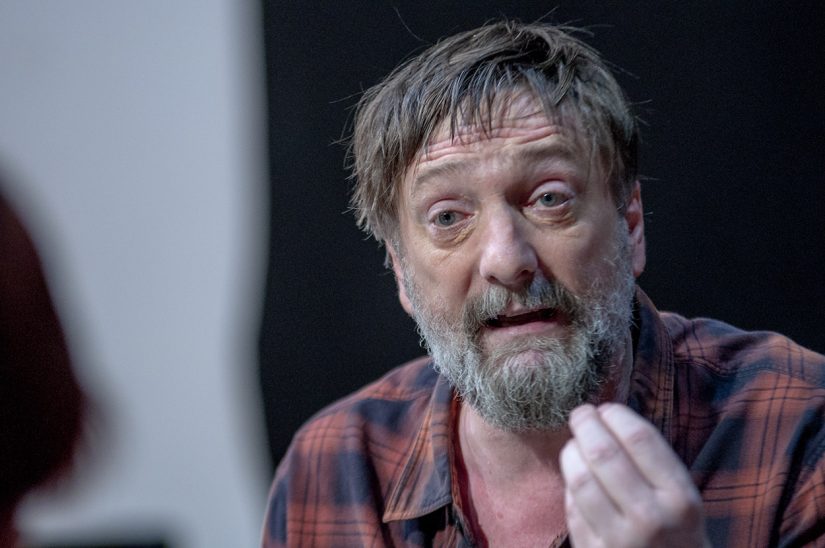Zlatko Paković has directed in theatres across Bosnia-Herzegovina, Bulgaria, Cyprus, Croatia, Kosovo, North Macedonia, Montenegro, and in Serbia, mainly outside of institutional theatres. He is best known for his fierce political theatre that emphasises the poetics of theatre with pronounced playful expressions. Theatre, for him, is an inextricable whole of the aesthetic and the social act. His work responds to and reflects upon the political contexts of former Yugoslavia, especially issues concerning censorship, state control, and imposed narratives of the victim/perpetrator divide during, and long after these conflicts. His critical, activist stance, has not been warmly embraced by those that hold political power.
This is because, though the Balkan Wars took place more than 25 years ago, Pakovic’s work highlights that the new countries that emerged from the collapse still bear the traces of the wars. Mass graves, missing persons, unresolved grief, landmine fields and increasing poverty have suspended everyday normality in many of these places. Furthermore, the Serbian-dominated Republika Srpska in Bosnia, as well as the state of Serbia itself, continue to deny the 1995 genocide in Srebrenica. Through his plays and poetic interventions, Zlatko not only seeks to challenge these sustained viewpoints by bringing attention and acknowledgement to these issues, touching on feelings of irrecoverable grief felt by so many, but he also endeavours to inspire feelings of hope and possibility, combined with warnings for future generations within these contexts and beyond.
As part of the ICAF 2023 Artist in Residency programme, Zlatko Paković has been invited to work with local Bosnian diaspora communities across the Netherlands, to explore the ideology of tolerance and openness, as proposed by Dutch philosopher Desiderius Erasmus, in relation to increasing polarisation towards religion and minority ethnic groups, especially in Rotterdam, the birth city of Erasmus.
In this in-depth conversation Zlatko wil zoom in on the context of his work, his vision on theatre and the process of working with the Bosnian diaspora in Rotterdam.


